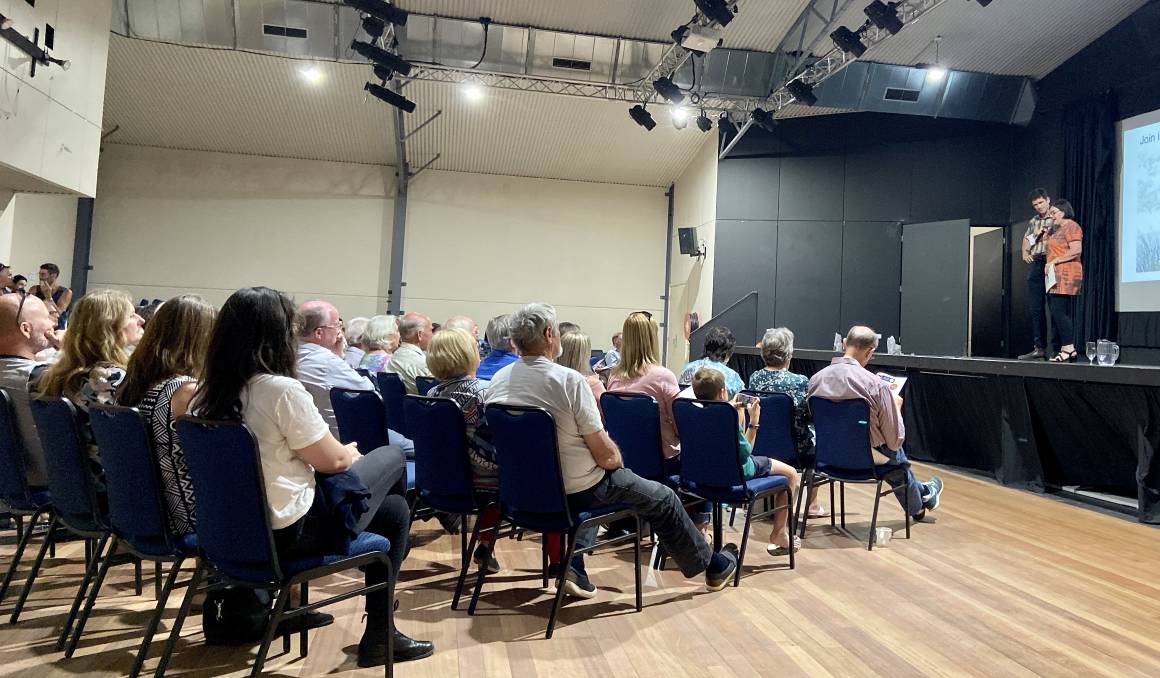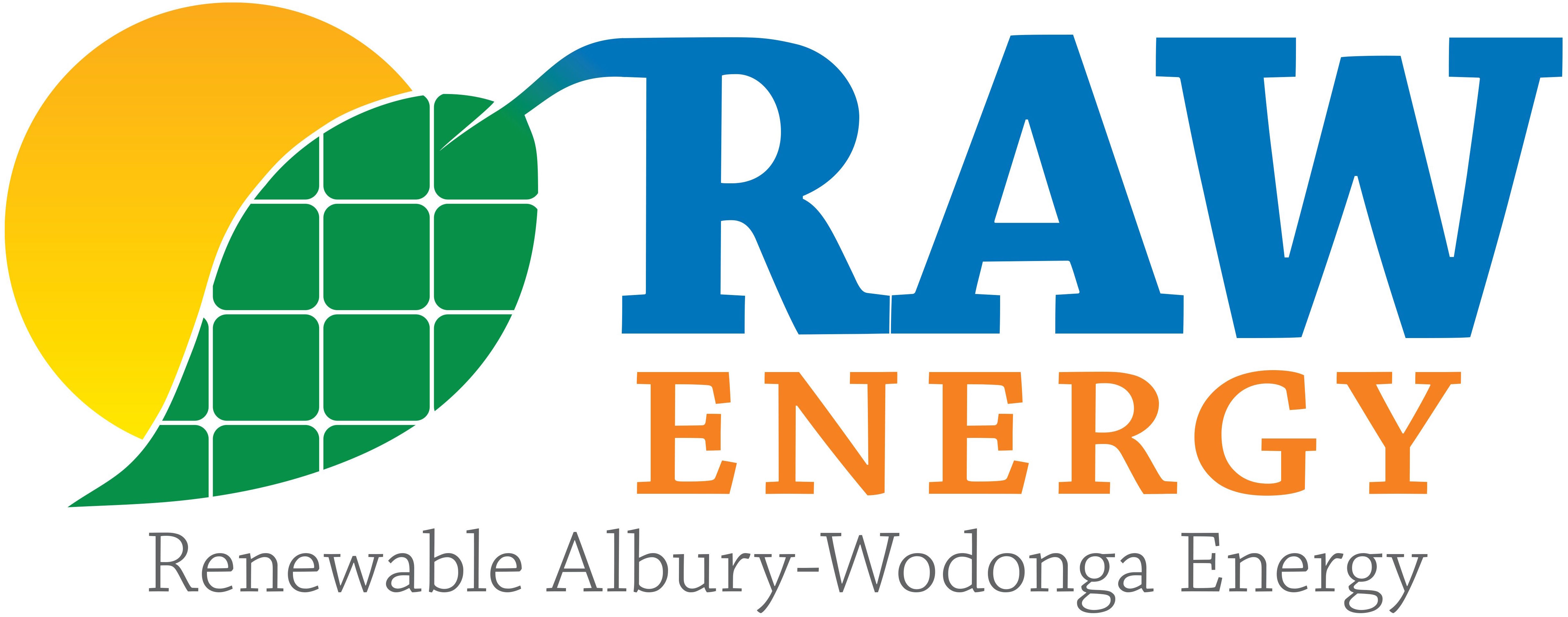
Community Energy Hub is a new electricity option
NEW IDEAS: Ben McGowan and Cathy McGowan address the Yackandandah meeting on Thursday evening.
Source: Border Mail Article |Shana Morgan |Dated: 29 November 2019
The official launch of Indigo Power's first community energy hub was a moment years in the making.
More than 55 per cent of Yackandandah residents already use solar, but by joining the hub, they will also have the opportunity to purchase solar energy or sell the excess energy they generate.
Those who do not have their own solar systems at home will be able to buy renewable energy generated elsewhere.
The team from Indigo Power made their pitch to more than 100 residents who attended a town meeting on Thursday evening, asking them to make the switch from their current energy providers.
Before the meeting, 12 people had already signed up.
The company's Ben McGowan said the electricity purchased by customers could come from neighbours selling their excess renewable energy, larger solar storage in the town, or sometimes from the electricity grid. Those who generate and use their own solar energy will not pay for that use.
Half of Indigo Power's profits will go back to shareholders and the other half to energy projects in the region.
"If we're paying an electricity bill, why shouldn't some of that stay in our communities?" Mr McGowan said.
"We all recognise that we need to act on climate change."
The meeting was hosted by his aunty, and former Indi MP, Cathy McGowan.
Indigo Shire mayor Jenny O'Connor said she was sure the community energy hub could help Yackandandah reach its goal of becoming 100 per cent reliant on renewable energy by 2022.
"I have no doubt this will be an incredible successful project because every single thing that is started in Yackandandah, from the smallest things, things take off here," she said.
"This is a model nationally and internationally for communities to get together - particularly with the lack of leadership we've seen, to get up and say 'we're going to do this without you'."
